Former TV Anchor Sues Safaricom for Sh69 Million Over Voice Misuse
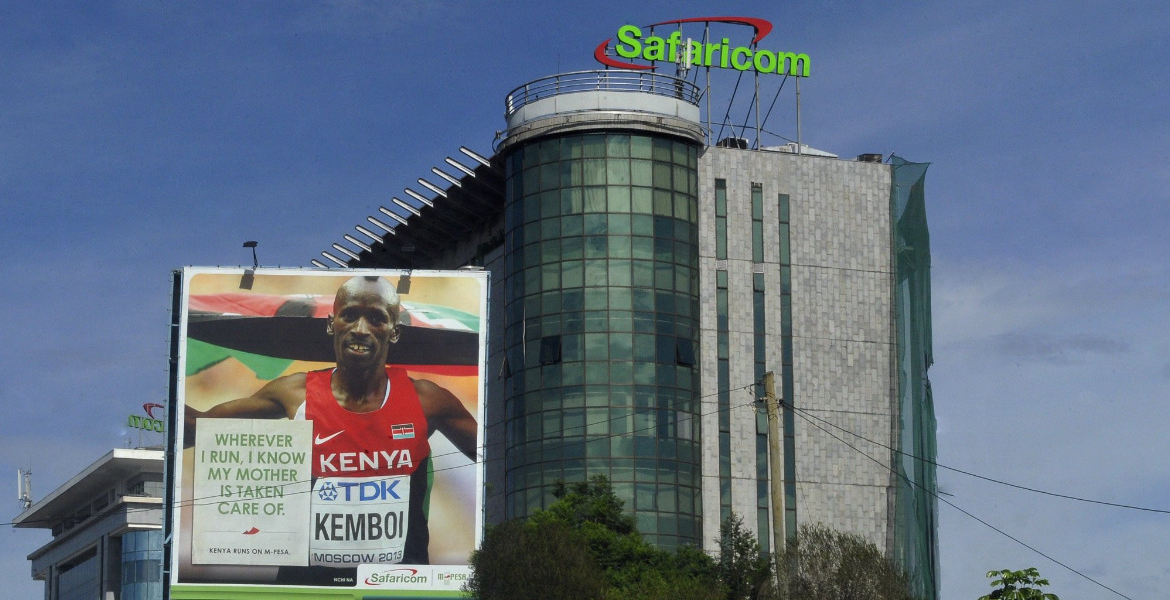
Safaricom PLC, Kenya’s leading telecommunications provider, is embroiled in a High Court legal battle with Peter Oyier, a prominent media personality, over the alleged unauthorised use of his voice in its premium customer service systems.
Oyier is seeking over £430,000 in damages, arguing that Safaricom continued to use his voice recordings beyond the expiration of their contractual agreements.
The dispute is currently being heard in the Commercial Division of Kenya’s High Court. Oyier, a seasoned voice-over artist and former television and radio presenter, claims that Safaricom has been utilising his voice in its Interactive Voice Response (IVR) systems for platinum clients, even after the licensing agrments had lapsed.
These IVR systems, accessible through USSD codes, guide high-value customers through service menus using pre-recorded voice prompts, which Oyier asserts feature his voice without renewed consent or additional compensation. The heart of the dispute lies in a series of licensing agreements signed between 2018 and 2022 through MGM Studios, an agency representing Safaricom. These contracts covered five separate projects, including Safaricom Platinum Audio, Neo Home, and Line 400 Revamp.
Each agreement stipulated a two-year usage period, after which further use of the recordings would necessitate renegotiation. Oyier contends that no such renegotiation took place, yet Safaricom continued to deploy his voice across its platforms. In his affidavit, Oyier states that the prolonged use of his voice has not only deprived him of rightful earnings but has also damaged his professional standing.
He argues that "over the six years of the defendant’s use of my voiceover work, the voice has become synonymous with the defendant’s brand," and that this association has deterred other companies from hiring him for similar roles due to concerns about brand confusion or conflict.
The Model Release Agreement, initially signed in 2018, granted MGM Studios and its client—understood to be Safaricom—a two-year licence to use the voice recordings, with renewal contingent on mutual agreement. It also restricted Oyier from offering similar services to competing brands during the contract period. He maintains that Safaricom continued to use the recordings after the agreements expired in 2020, 2021, and 2022, without seeking new terms or providing additional payment.
Safaricom, however, denies any wrongdoing and disputes the validity of Oyier’s claims. The telecommunications giant asserts that there is no direct contractual relationship between itself and Oyier, maintaining that all agreements were made with MGM Studios, not Safaricom directly.
"The defendant denies it had a contract with the plaintiff concerning IVR content or otherwise," the company said in its legal response.
Safaricom also challenges the claim of copyright infringement and conversion, demanding that Oyier provide concrete evidence to support his allegations.
In intellectual property law, "conversion" refers to the unauthorised use of someone’s property—such as a voice recording—for personal or commercial gain. Oyier’s demand for £430,281.43 in damages is based on his professional rate card and reflects his estimation of fair compensation for the extended use of his voice and the alleged reputational harm he has suffered.

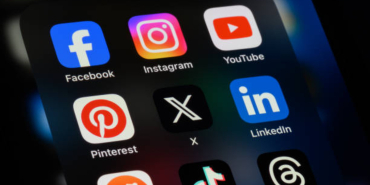
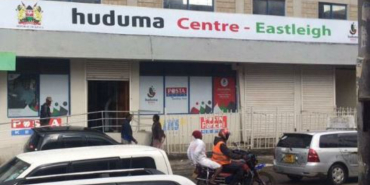
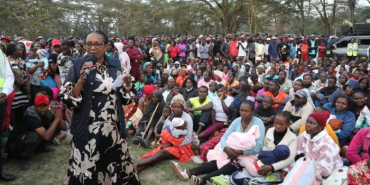
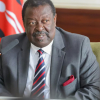



Add new comment